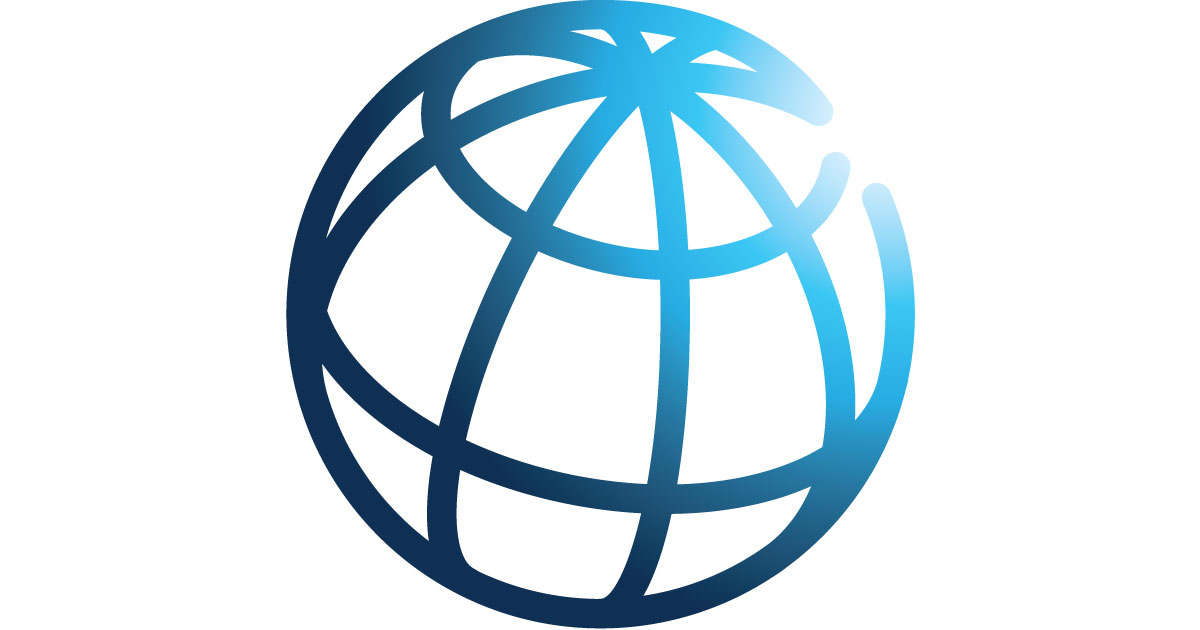The President of the European Bank for Reconstruction and Development, Sir Suma Chakrabarti, stated that the UK should demand more representation for itself in higher management of the World Bank. His justification is that the UK is one of the largest donors in the International Development Association (IDA), and considering the World Bank’s goal is to empower poorer countries by providing low-interest loans, it seems fitting.
The UK says that the goals of the World Bank Groups IDA closely align with the goals of the Department for International Development, which are to reduce and possibly eliminate global poverty.
Asking higher leverage in the senior management of the IDA is a valid opinion on behalf of Sir Suma Chakrabarti, because the UK’s contribution to IDA means that the UK has a right to ask for justification and possibly direct the WBG to fulfil its goals and promises.
Demanding an increase in the number of people representing the UK from two out of the total of 34 members of senior management is the best and the most viable option to achieve this goal.
However, The World Bank might resist this effort against the UK until Brexit and its consequences are clear. Various analysts predict that the withdrawal of the UK from the EU could potentially cause a shrinkage in the GDP of the UK; if a recession comes to fruition, it could have disastrous consequences on the economy of the UK. Moreover, the inability of experts to predict the impact of a Brexit of any sort on the economy due to uncertainty surrounding Brexit highly weakens the UK’s position.
A Brexit with negative economic repercussions could certainly mean a condition of economic austerity might have to be bought in unwillingly by the government. This would certainly have an impact on the money the UK can loan out to the IDA or any other such efforts.
Although the loans do yield interests, the amount would just not be enough. Another possible reaction could come from the European Union, as it constitutes some of the most developed countries in the world including Germany and France in terms of GDP (per capita and overall). They might rally against the UK getting such leverage in the WBG.
A successful Brexit, however, brings an opportunity for the UK; they could use their ability to fund the IDA and WBG efforts. This would be to negotiate profitable trade deals with other developing and poorer nations potentially being able to forge stronger bilateral or multilateral relations, which was one of the key goals of Brexit during its inception.
More involvement could give the UK has a high seat at organisations which matter giving it an upper hand in economic conversations.
The UK recently urged the World Bank to spend more resources to tackle the climate crisis. Engaging more with multilateral institutions such as the WBG could help the UK push through reforms and activities which can meet the urgency required to tackle the ongoing crisis.
However, the UK still has to work much harder to meet its zero-emissions goals and improve strategies to tackle heat waves which plagued it this summer. The efforts to push action of the climate crisis on the WBG whilst noble might be seen as of not only showing the rigorous efforts of the UK on this issue but also absolving itself of some responsibility in the process.
The UK involving itself in multilateral institutions has its positives, but pushing it through solely based on the premise of being a big contributor, whilst valid, is weak. If accompanied by forces such as the EU resisting such efforts makes this a worthwhile – but uphill – goal to achieve.
Moreover, Brexit will have two major consequences, namely fiscal prudence and more complex responsibilities at all levels of government. Considering the costs and operational commitments towards such multilateral activities, it could be something that the UK might not be able to engage in effectively while still addressing the domestic issues. There are major challenges both strategically and financially to the UK demanding more involvement in multilateral institutions.
Image Credit: worldbank.org

